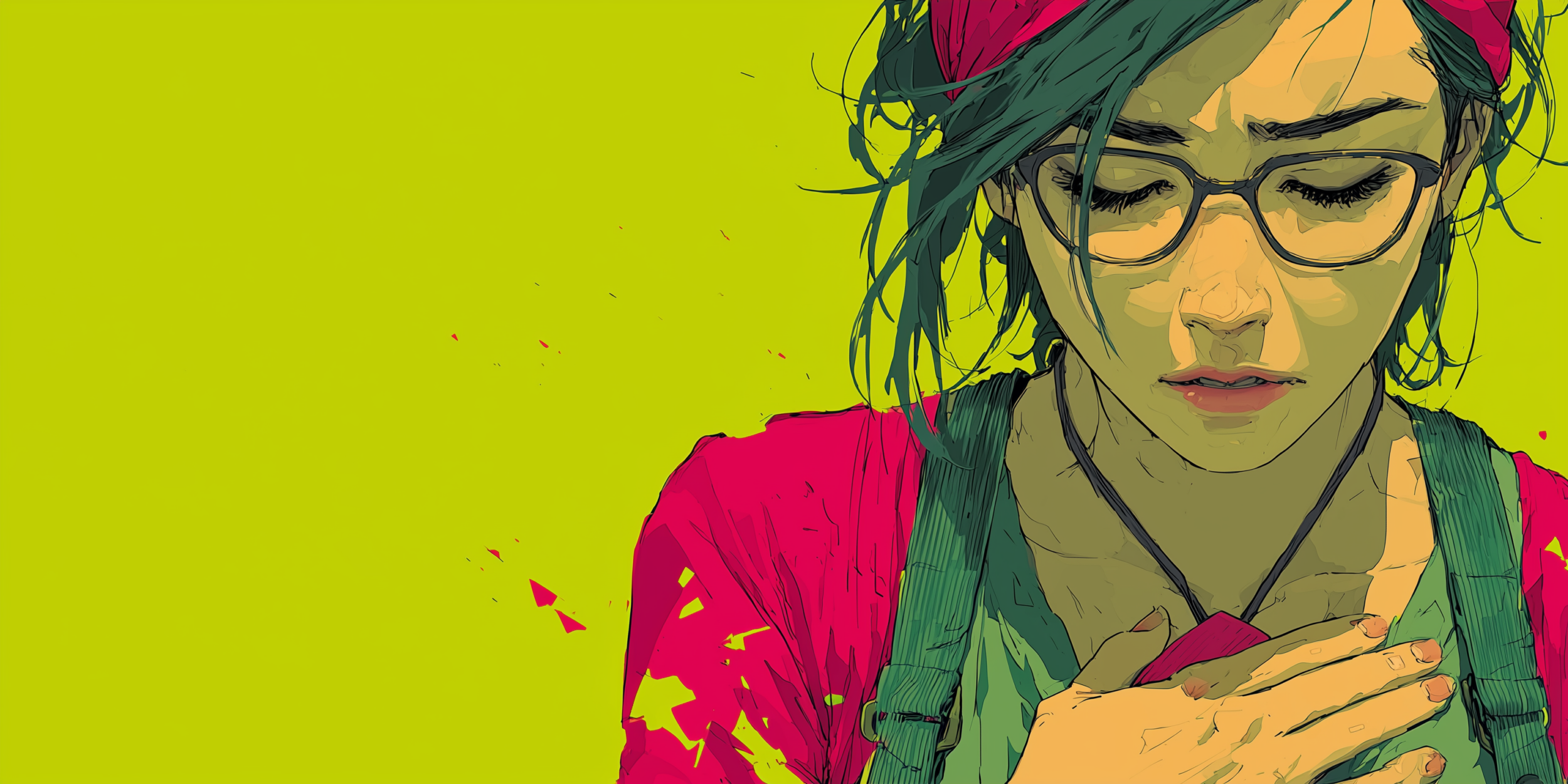
Identifying the problem and stepping out of self allows him to live in trust and in the will of God.
I would like to define these terms because I believe that when we accurately define a problem, we arrive at the solution. I understand guilt to be the healthy and appropriate feeling of discomfort I get when I have caused harm to myself or someone else. This is a built-in reminder for me to take action to correct my behavior and make amends (if I have harmed another and can do so without causing further harm). Guilt also helps me to refrain from acting in the future.
Shame is the experience I have when I fight the reality of my own limitations. I think I am more powerful or capable than I actually am (pride). When I make a mistake, I beat myself up for it because I have fallen short of what I believe I was capable of at that moment. Shame is what my sponsor describes as the biggest hit of self we can get. It is me playing God, judging myself, fighting the reality of my powerlessness, beating myself up, and trying to whip myself into changing my behavior. Me, me, me, I, I, I, self, self, self. No one else is involved in this process; it helps no one, cripples my usefulness and ability to be present, and, most importantly, it blocks me from God. Shame is the ego’s last stronghold against powerlessness.
Fear is the experience I have when I am once again a practicing agnostic. When I am indulging fear, I am living as though God is not present or not powerful enough to take care of me.
The solution to shame is to accept the reality of my own limitations and gain humility to see myself right-sized. I must accept that there is ONE who has ALL power and that ONE is not Luke. In Step One in the White Book, Roy makes this profound statement on page 88:
It’s okay to be absolutely powerless over self. This is where we join the human race. And best of all, just as the admission of powerlessness over lust is the key to our sexual sobriety, so the admission of powerlessness over our defects is the key to our emotional sobriety. Victory through powerlessness by the grace of God. What a glorious liberating discovery!
This same sentiment can be found in the Big Book in the section on selfishness and self-centeredness being the root of our (humanity’s) troubles (AA 62).
Above everything, we alcoholics must be rid of this selfishness. We must or it kills us! God makes that possible. And there often seems no way of entirely getting rid of self without His aid. Many of us had moral and philosophical convictions galore, but we could not live up to them even if we would have liked to. Neither could we reduce our self-centeredness much by wishing or trying on our own power. We had to have God’s help.
So the solution to shame is taking and living in Step Three—first becoming convinced that any life run on self can hardly be a success, quitting playing God and going on to make God my director and employer. My admission of powerlessness is the key to the jail cell of self.
The solution to fear is extremely simple but scary. I must begin practicing trusting infinite God rather than finite self. I do this quite practically by focusing on God rather than my fear thoughts when they come up. I ask God to remove my fear and direct my attention to what he would have me be. What is my role here, God? What are you doing here, God?
My fears die rather quickly when they are not fed and watered—as all manifestations of self do. In addition, if I can directly face my fear, then it will evaporate instantly. I may have additional things to do or address, but the fear will be gone, which is really the only problem. I can always deal with reality. Fear is not real. Fear is like a mirage of water on the road miles ahead in the desert.
Luke H., Portland, Oregon, USA






